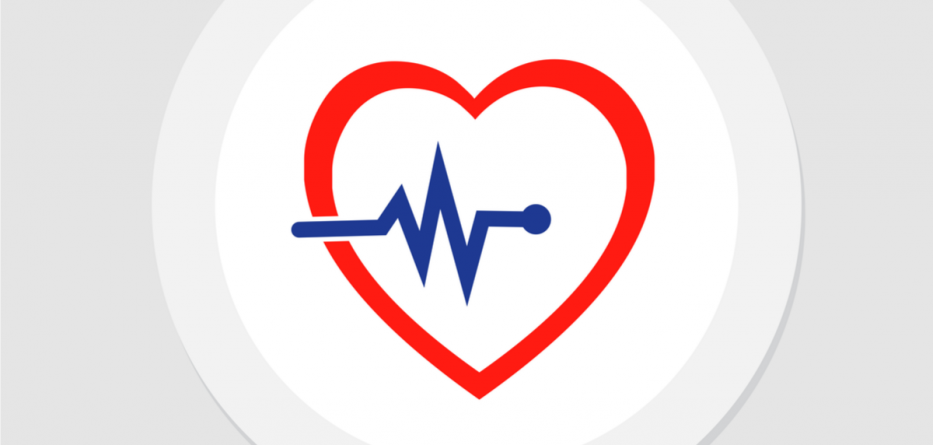For patients with atrial fibrillation (AFib), the primary purpose of all treatment options is to restore the rhythm of the heart to its normal rate and to keep stroke-causing blood clots at bay. Using medications is typically the best and most effective treatment approach for AFib patients. Medications are most effective when used as directed by your primary physician.
How Medications Treat AFib
When an individual has AFib, irregular electrical impulses contribute to the fluttering or tremoring of the heart. With AFib, the heart also beats at an abnormal rate, which is identified as palpitations.
In essence, AFib inhibits normal blood circulation in the atria and ventricles of the heart. This then causes blood to pool in the upper chambers, leading to clots. If a clot makes its way into the brain, it results in a stroke.
The primary goals of most AFib medications include:
- Decelerating the heart rate
- Keeping the rhythm of the heart in check
- Hindering the formation of blood clots
Medications for Heart Rate
A class of AFib medicines correct the electrical transmissions within the heart muscle to decelerate its rate. While these drugs do not restore the normal heart rhythm, they are effective in improving symptoms.
Beta-blockers are the primary choice in this approach; it is essentially used for high blood pressure. The most commonly preferred beta-blockers are atenolol, bisoprolol, carteolol, propranolol, and sotalol. Beta-blockers also come with numerous side effects such as fatigue, lightheadedness, and dryness in the skin, eyes, and mouth.
Another form of blood pressure medication class is known as calcium channel blockers. These medications—such as diltiazem and verapamil— target blood vessels within the heart to decelerate the heart rate. Calcium channel blockers can cause side effects such as fatigue, swelling in the abdomen or lower extremities, indigestion, and mild skin reactions.
Featured Image: DepositPhotos/ ocskaymark



